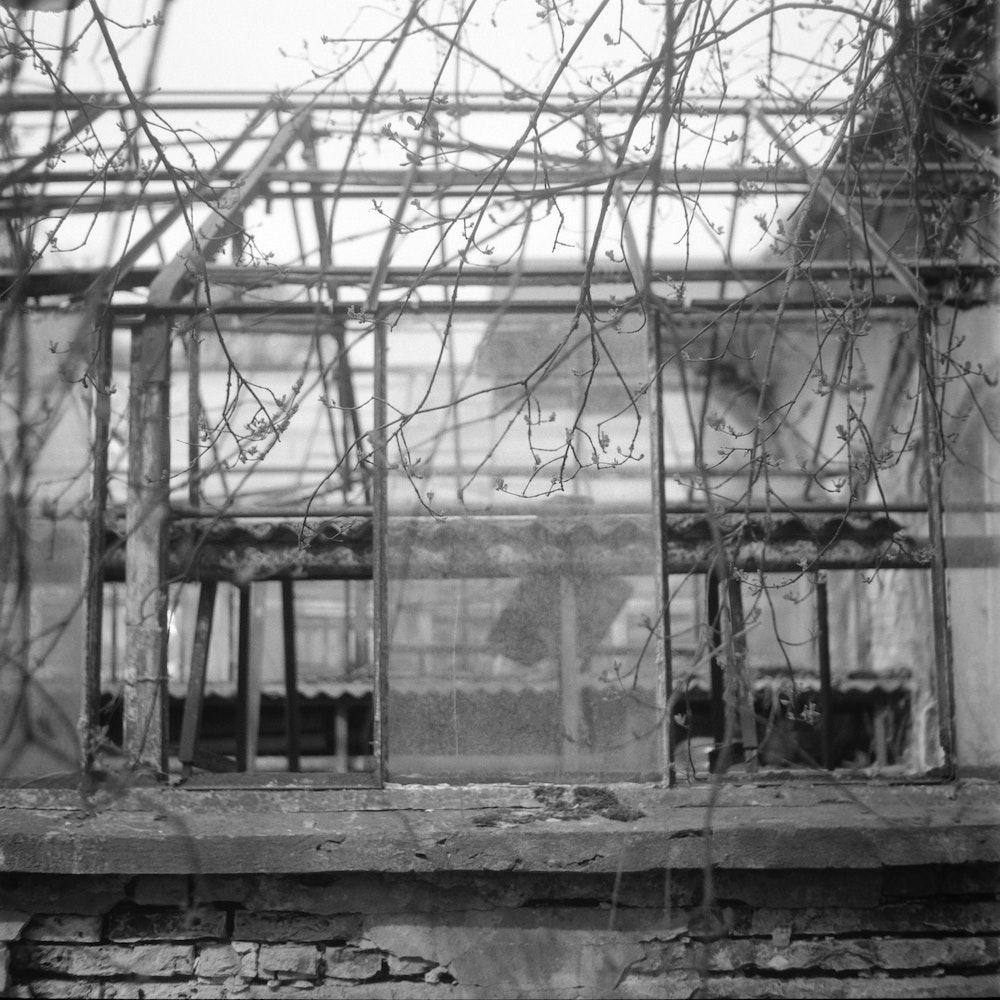
Fixing broken poems is a sub-genre within the art of poetry editing. I once wrote a poem called ‘ A single vial of electric blue light.’ The image came from a vivid dream that I couldn’t shake off. A brilliant artist I knew, and had once been in love with, sat on my bed (in the dream) with a beatific smile on his face. When I woke, (still in the dream) he handed me a vial filled with effervescent blue light.
The image wouldn’t leave me alone. It had to be a poem. I decided to make it a sestina. Not a form I’d practiced much, but its repetitive line scheme would suit the ever returning nature of this image.
So I wrote it and re-wrote by hand every day. Moulded it, edited, mithered over every word. I applied myself to this poem like the excellent apprentice I am. Spent months crafting it. Finally it felt ready to take to my poetry group. After they read it, there was a thoughtful silence. Which gradually became uncomfortable. The kind of silence which is a held breath in which you can hear the clicking of brain cogs as people search for an encouraging comment.
Eventually a talented and prolifically published member said, ‘I would write another poem, if I were you. Maybe a sonnet.’
She wasn’t being mean. The awkward silence had already told me what I suspected but didn’t want to hear. I had mullah’d that poem through overwork and over attention. Tried so hard to make it perfect that I’d squeezed the juice out of it. Also reminiscent of the way I had driven the dream man away in real life.
I wish I’d known then what I know now. If you put a poem in a drawer and let it stew for a while, the magic fairy poets come and re-arrange the words…no, that’s not it.
But it feels like it. I have had to learn to be brave enough to put first, second, fifth drafts away for a while. That rather than drilling constantly at a piece, if I leave it for a day, a week, I change. I take a deep breath and relax. I see it from a new perspective. And the solution to what’s not working comes to me spontaneously.
Writing poetry doesn’t have to be hard or effortful. It needs to be a conversation. The hard part is turning up and paying attention to what the poem is trying to tell you.
Tina Sederholm is a poet, raconteur and theatre-maker. Creator of four successful solo shows that have been reviewed as ‘Utterly enthralling’ *****(edfringe review.com), ‘Stunning…beautifully humbling’ ***** (ThreeWeeks) and ‘A Must-See Show’ (Fringe Review). Her latest poetry collection, This is Not Therapy is available here. When not creating her own work, she works as a poetry and prose editor and story consultant. Email tina@tinasederholm.com for more information on ways she can assist you with your latest book, collection, script or poem.
Enter your email address below to find out about book releases, live dates and all the other news.
Site built by Joined Up Think